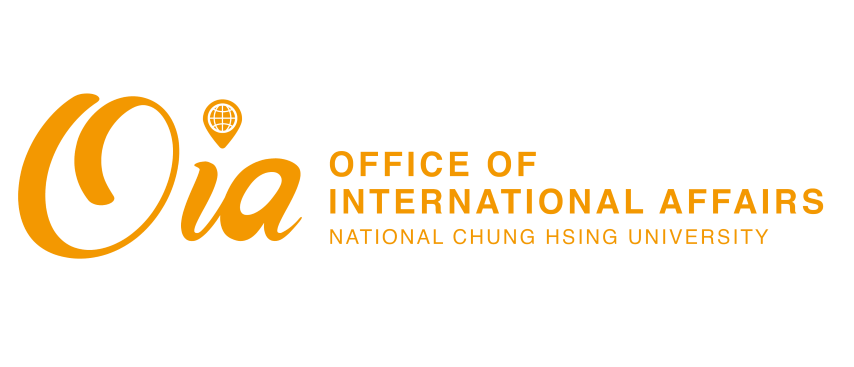Health Care - Medical Information
Introduction
Since Taiwan is a subtropical country in full development, health conditions are quite different from the ones you were used to. The summers are hot and humid and with the introduction of air-conditioners many people catch summer colds. The winters on the other hand can be chillier than one would expect and since there is no heating provided, you should learn to mix and match several layers of clothing to stay in good health.
As a rule of thumb, it is good to remember that tap water in Taiwan is not very safe to drink. The water fountains (such as the ones on campus) are regularly inspected, but otherwise water should always be filtered and/or boiled before consumption.
Preparation
To prepare medically for your stay here, it is advised to have the following inoculations and/or vaccinations: tetanus, poliomyelitis, Hepatitis B and Japanese B Encephalitis. Check with your local doctor for more information. If you really want to be prepared well, you might start getting these injections in your country because some of them don't come in one shot only, but take a series of three or four shots with a few weeks interval. If not, all these vaccines can be obtained safely and efficiently here in Taichung. If you have done the injections in your country, don't forget to bring the International Certificate of Vaccination with you.
Hospitals
Every hospital has extensive outpatient services. Registering and finding the doctor you want to see (each doctor works three half days a week), as well as paying fees and getting medicine is a total zoo, so you must go with someone who understands the system. Expect to find competent, even accomplished doctors (based on your friend's recommendations).
Jen-Ai (pronounced Ren-Ai) is the nearest to NCHU and strives to be the most foreigner friendly in the area.
Clinics
Clinics are all privately owned. There is no appointment needed, although some clinics have it and you waste less waiting time there. The doctor doesn't necessarily charge for treatment, but for the medications he or she dispenses (usually 2-3 days' worth). You are expected to come back for more medications after yours run out. You may ask the names and strengths of the pills you are taking, but the doctor may be reluctant to give them to you for fear you'll go to a drug store and buy them yourself. Though since a few years ago doctors officially don't have the right anymore to dispense medicine, most clinics still dispense the medicine themselves.
Pharmacies
As it stands right now, you don't need a prescription to get most drugs here. With the help of the staff at the Language Center or of other Taiwanese friends, you can easily enough find licensed pharmacists around the University. For minor illnesses the pharmacists are quite happy to give you advice and prescriptions, but be aware that they don't usually ask what other medications you may be on (which could cause synergistic effects).





